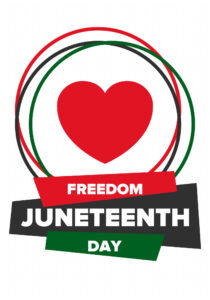October is National Cybersecurity Awareness Month!
As a SafeAmerica Credit Union member, we want you to be armed with the tools you need to keep yourself safe on the internet. Protecting your financial information is important, you already know that. But it's a good time to remind ourselves about cybersecurity and protecting our identity too. There are tools and tips we can all use and put to good use when we're on the web.
A Little About Cybersecurity Awareness Month
Held every October, Cybersecurity Awareness Month, is a collaborative effort that reaches from the White House to individuals to raise awareness about cybersecurity and to ensure that everyone has the resources they need to be safe and secure online. As we prepare for the upcoming holidays, October is the ideal time to learn about your cyber presence and the role cybersecurity plays in keeping you and your friends and family safe and secure.

The Cybersecurity and Infrastructure Security Agency (CISA) and the National Cybersecurity Alliance (NCA) lead a collaborative effort to raise cybersecurity awareness nationally and internationally.
4 Steps To Keep You Cyber Safe
Use Strong Passwords
Strong passwords are long, random, unique and include all four character types (uppercase, lowercase, numbers and symbols). Password managers are a powerful tool to help you create strong passwords for each of your accounts.
Turn On MFA
You need more than a password to protect your online accounts and enabling MFA makes you significantly less likely to get hacked. Enable MFA on all your online accounts that offer it, especially email, social media and financial accounts.
Recognize & Report Phishing
Be cautious of unsolicited messages asking for personal information. Avoid sharing sensitive information or credentials with unknown sources. Report phishing attempts and delete the message.
Update Software
Ensuring your software is up to date is the best way to make sure you have the latest security patches and updates on your devices. Regularly check for updates if automatic updates are not available.
Additional Links and Informative Videos
Follow These Top Tips To Stay Safe Online!






